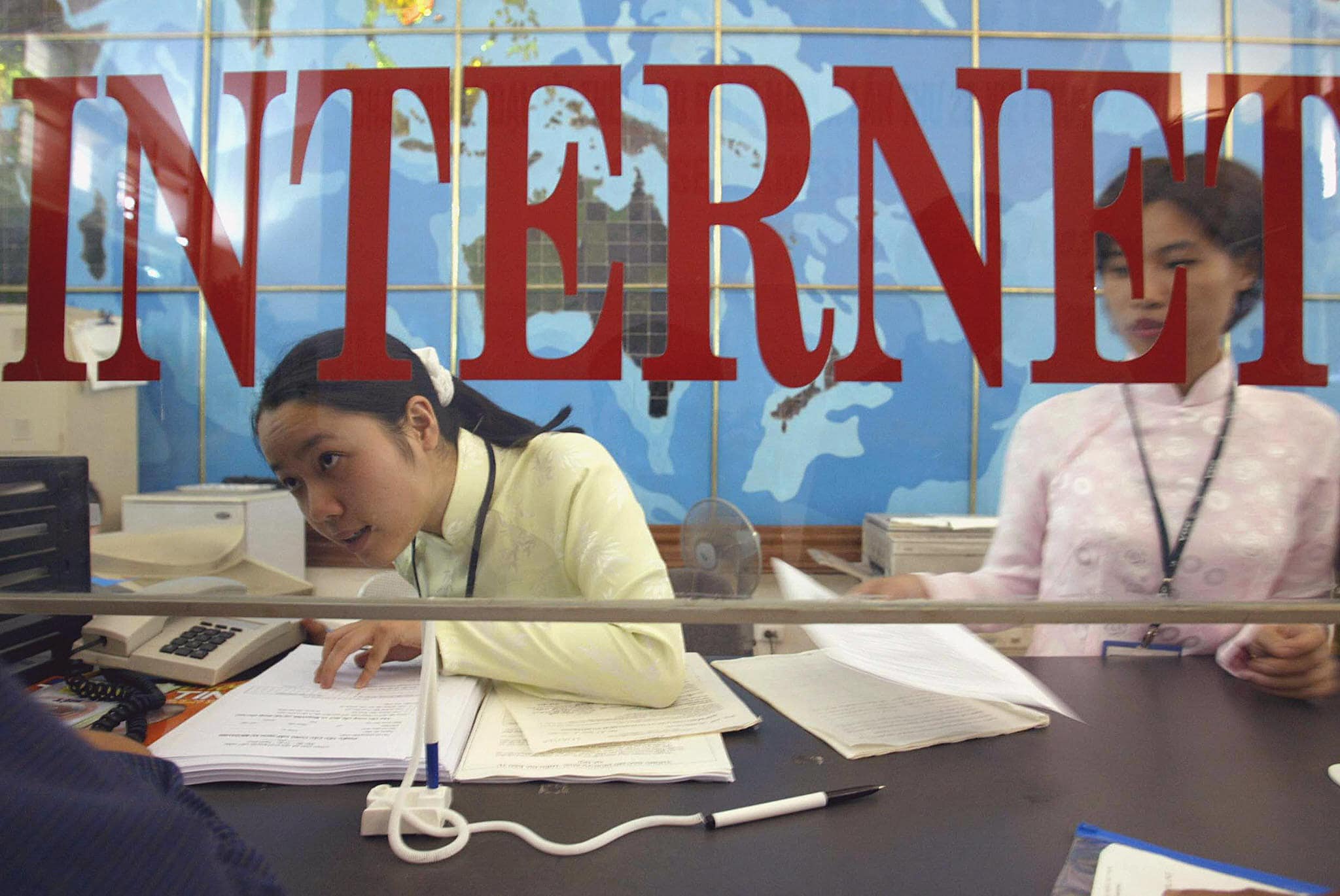A roundup of key free expression news in Asia, based on IFEX member reports.
Vietnam’s new Cybersecurity Law
Vietnam’s new Cybersecurity Law was passed on 12 June despite a rare public opposition by lawyers, by netizens, and a massive protest in the streets. Critics warned that it could worsen attacks on freedom of expression and negatively affect the business prospects of many tech companies.
Authorities argued that the law will create tech jobs and enhance the digital economy, aside from preventing “disruptive behavior aimed at overthrowing the government.”
But human rights groups have warned that some of the broad provisions in the law could be used by authorities to arrest and detain activists. These include prohibiting: “the use of cyberspace” to “prepare, post, and spread information” that “has the content of propaganda opposing the State of the Socialist Republic of Vietnam,” or “offends the nation,” or urges people “to distort history, deny revolutionary achievements, and undermine national solidarity”; propaganda including “psychological warfare, defamatory propaganda against the people’s administration”; and “information that propagandizes, urges, campaigns, incites, threatens, causes division, [or] entices people to gather and cause disruption.”
Similar to China’s Cybersecurity Law passed in 2017, Vietnam’s new law requires internet companies to store data locally and establish headquarters or representative offices in Vietnam. Some believe the government could use this to pressure companies to administer stricter censorship and erode user anonymity, which could pose a threat to critics of the state. This is possible since the law obliges foreign tech companies to verify the identity of users and to give out user data needed by the Ministry of Public Security, and to take down ‘illegal’ content within 24 hours of receiving a request from the government.
#VIETNAM: The #Cybersecurity law provides sweeping new powers to the authorities, allowing them to force technology companies and service providers to share computer data, including personal information.
— UN Human Rights Asia (@OHCHRAsia) June 14, 2018
